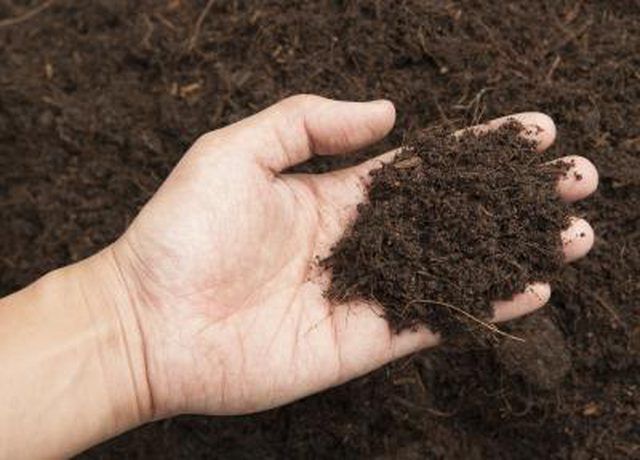Bulbs
Flower Basics
Flower Beds & Specialty Gardens
Flower Garden
Garden Furniture
Garden Gnomes
Garden Seeds
Garden Sheds
Garden Statues
Garden Tools & Supplies
Gardening Basics
Green & Organic
Groundcovers & Vines
Growing Annuals
Growing Basil
Growing Beans
Growing Berries
Growing Blueberries
Growing Cactus
Growing Corn
Growing Cotton
Growing Edibles
Growing Flowers
Growing Garlic
Growing Grapes
Growing Grass
Growing Herbs
Growing Jasmine
Growing Mint
Growing Mushrooms
Orchids
Growing Peanuts
Growing Perennials
Growing Plants
Growing Rosemary
Growing Roses
Growing Strawberries
Growing Sunflowers
Growing Thyme
Growing Tomatoes
Growing Tulips
Growing Vegetables
Herb Basics
Herb Garden
Indoor Growing
Landscaping Basics
Landscaping Patios
Landscaping Plants
Landscaping Shrubs
Landscaping Trees
Landscaping Walks & Pathways
Lawn Basics
Lawn Maintenance
Lawn Mowers
Lawn Ornaments
Lawn Planting
Lawn Tools
Outdoor Growing
Overall Landscape Planning
Pests, Weeds & Problems
Plant Basics
Rock Garden
Rose Garden
Shrubs
Soil
Specialty Gardens
Trees
Vegetable Garden
Yard Maintenance
The Average Weight of a Cubic Yard of Soil
The Average Weight of a Cubic Yard of Soil. Whether you’re borrowing your neighbor’s truck or plan to hook up a trailer behind your car, it’s important to know the average weight of a cubic yard of soil and how much payload your vehicle can handle. Overloading a trailer, or worse yet your neighbor’s truck, can lead to costly...

Whether youíre borrowing your neighborís truck or plan to hook up a trailer behind your car, itís important to know the average weight of a cubic yard of soil and how much payload your vehicle can handle. Overloading a trailer, or worse yet your neighborís truck, can lead to costly repairs. So before you head out to get a yard of dirt, check the manufacturerís manual to find the payload rating. Then all youíll have to think about is how many yards of soil to buy.
Wet or Dry
Sink your hand down into a pile of rich, organic soil, and you can feel the moisture in it. Moisture in soil holds it together and is a primary factor in determining the average weight of a cubic yard of soil, no matter what components the soil is made of. For instance, 1 cubic yard of dry soil topsoil weighs about 2,000 pounds, while the same soil can weigh around 3,000 pounds when saturated. If youíre planning to buy soil to spruce up a yard or create a new flower bed, purchase it on a day when itís not raining. Itíll be lighter to haul and easier on your back to unload.
Heavy or Light
Soil is made up of varying amounts of minerals, decaying organic matter, nutrients and living organisms. How much 1 cubic yard of it weighs depends on the amounts of the components itís made up of. One cubic yard of dry sandy soil weighs about 2,600 pounds, while 1 cubic yard of dry clay soil weighs in around 1,700 pounds. If you want an exact weight, the supplier can tell you when you purchase the soil
Blended or Straight
Purchasing a soil that has been mixed with compost adds nutrients to the soil or garden bed, while mixing in wood chips improves drainage. Soils that have amendments added in change the weight of 1 cubic yard of soil depending on the type and percentage of the amendment added, and if itís wet or dry. For example, 1 cubic yard of topsoil weighs about 2,000 on average, and 1 cubic yard of wood chips weighs 1,000 pounds or less. Mix one-third wood chips to two-thirds topsoil and the total weight of the soil mix is much less compared to 1 cubic yard of pure topsoil.
Getting Your Fill
To figure how many cubic yards of soil youíll need for your project, you need to know that 1 cubic yard is the product of 3 feet (width) multiplied by 3 feet (length) multiplied by 3 feet (depth), for a total of 27 cubic feet. To determine how many cubic yards of soil you need for your project, measure the spaceís width, length and depth in feet and then multiply them together and divide by 27 to convert to cubic yards. For example, your space is 10 feet wide, 20 feet long and 1 foot deep. Multiply 10, 20 and 1 together to get 200 cubic feet. Divide by 27, and you find you need about 7 1/2 cubic yards to fill the space.